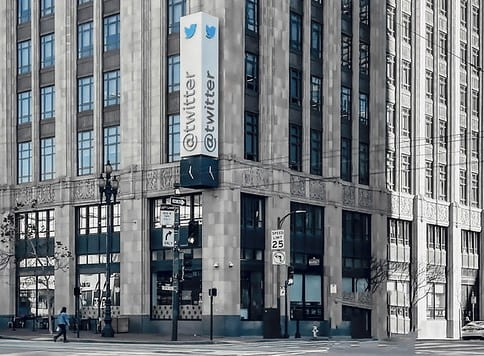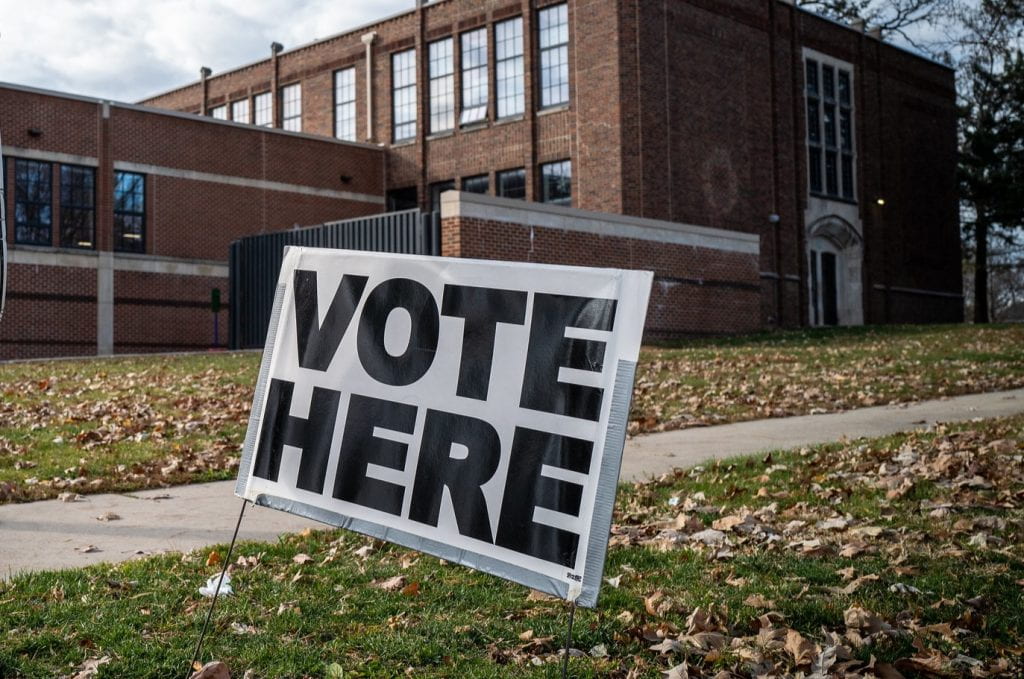In a Feb. 1 tweet, Twitter announced that it will soon no longer support free access to the social media platform’s application programming interface (API), which allows developers and researchers, including those at the University of Washington’s Center for an Informed Public and peers at other universities and research centers, to collect and analyze Twitter data.
While Twitter’s tweet about API access indicated that details about pricing would be forthcoming, the future of continued academic research on the platform is very much in question.
“This could very well be the end of an era for platform transparency and social media research,” said Center for an Informed Public director Kate Starbird, a UW Human Centered Design & Engineering associate professor.
In a Mastodon thread on Thursday, Starbird noted that, while studying “crisis informatics” as a PhD student, she built her first Twitter collection script in 2010 in the wake of the Haiti earthquake. Since then much of her work has focused on studying how information about crisis events, including the 2010 Deepwater Horizon oil spill, 2013 Boston Marathon bombing, the Syrian Civil War, and the 2018 Hawaii false missile alert, travels and spreads via the platform.
In recent years, CIP researchers, including Starbird, have focused much of their attention studying how rumors, conspiracy theories, mis- and disinformation about voting in U.S. elections emerged, traveled and spread on Twitter, work that has led to peer-reviewed research in academic journals like the Journal of Quantitative Description: Digital Media and Nature Human Behaviour and citations in the final report from the U.S. House Select Committee to Investigate the January 6th Attack on the U.S. Capitol.
As Justin Hendrix wrote in Tech Policy Press last year, the CIP’s research and Twitter data-collection efforts around the 2020 U.S. elections will “serve as a substantial building block for years of future research on phenomena at the intersection of social media, politics, and democracy.”
As researchers await more details about Twitter API pricing, what might come next?
“It’s long been time (for my team, at least) to move on,” Starbird wrote on Mastodon, noting that this “will profoundly change how researchers (and society) can study and understand online behavior.”
Depending on pricing for academic access, researchers at the Center for an Informed Public may be able to continue research on Twitter, albeit “to a much smaller extent,” Starbird said, adding that “the under-resourced PhD student won’t have a chance to work in this environment. As a wide-eyed PhD student on a ‘crisis informatics’ team, in the wake of the Haiti Earthquake, I built an infrastructure to support crisis mapping during disaster events. That kind of emergent ‘action research’ won’t be possible.”
Since January 2020, research infrastructure at the UW Center for an Informed Public has collected about 2 billion tweets, including narratives around COVID-19, vaccines and elections.
PHOTO ABOVE: Twitter’s San Francisco headquarters by Dale Cruse via Flickr / CC BY 2.0




